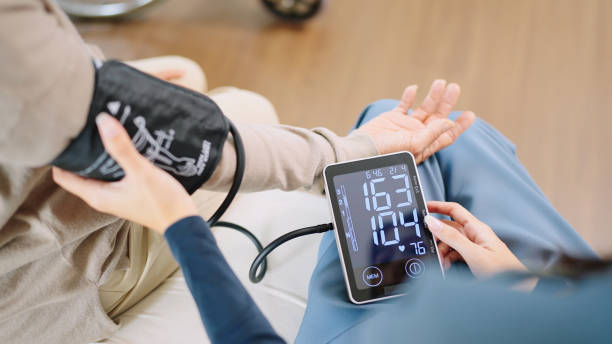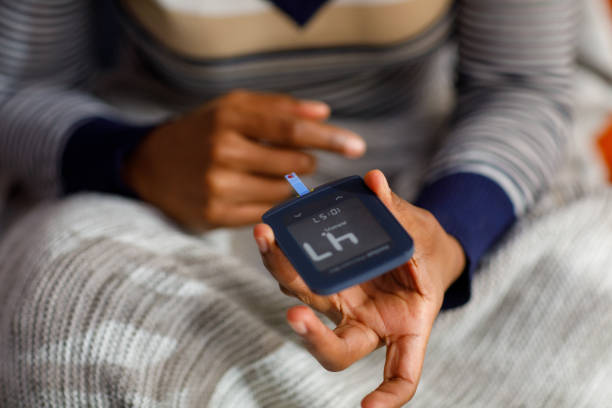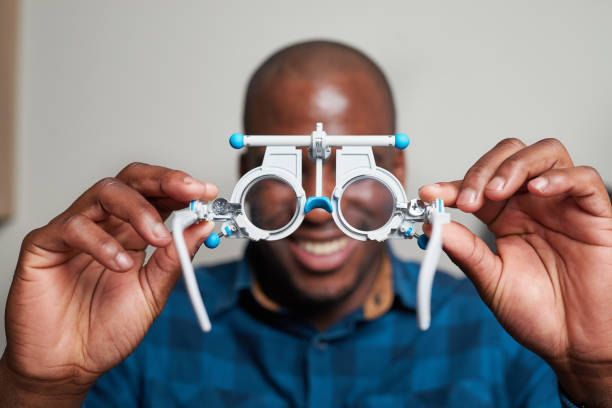High blood pressure, or hypertension, is a common condition where the force of blood against artery walls is consistently too high (140/90 mmHg or higher) (WHO 2023). It is common but can be serious if not treated. Understanding its causes and symptoms is crucial for early detection and management.
Causes of High Blood Pressure
Hypertension is broadly classified into two types: primary (essential) and secondary. Primary hypertension, accounting for the vast majority of cases, has no identifiable single cause. It develops gradually over many years and is often linked to a combination of factors:
● Genetics: A family history of hypertension increases the risk.
● Age: Blood pressure tends to rise with age.
● Lifestyle: Unhealthy habits, such as a high-sodium diet, lack of physical activity, excessive alcohol consumption, and smoking, significantly contribute to hypertension.
● Obesity: Excess weight puts added strain on the heart and blood vessels.
Secondary hypertension, on the other hand, is caused by an underlying medical condition. These conditions include:
● Kidney disease: Impaired kidney function can disrupt blood pressure regulation.
● Obstructive sleep apnea: Sleep disruptions can lead to hormonal imbalances that raise blood pressure.
● Adrenal gland tumors: These tumors can produce hormones that cause hypertension.
● Thyroid problems: Both overactive and underactive thyroid can affect blood pressure
● Certain medications: Some medications, such as birth control pills, decongestants, and pain relievers, can increase blood pressure.
Symptoms of High Blood Pressure
One of the most insidious aspects of hypertension is that it often presents with no noticeable symptoms. This is why it’s often referred to as a “silent killer.” However, in severe cases, or when blood pressure spikes dramatically, individuals may experience:
● Severe headaches: Intense and persistent headaches can be a warning sign.
● Nosebleeds: Frequent nosebleeds can occur due to the increased pressure in blood vessels.
● Shortness of breath: Difficulty breathing, especially during exertion, can be a symptom.
● Dizziness: Feelings of lightheadedness or vertigo may occur.
● Chest pain: In extreme cases, hypertension can lead to chest pain or angina.
● Vision problems: Blurred vision or other visual disturbances can be associated with high blood pressure.
● Blood in the urine: This can occur when kidney damage is a cause or result of high blood pressure.
In conclusion, regular blood pressure checks are essential for early detection, as symptoms often don’t appear until the condition has progressed. Lifestyle changes and medical interventions can then be implemented to manage hypertension and reduce the risk of serious complications, such as heart attack, stroke, and kidney failure.
REFERENCE: https://www.who.int/news-room/fact-sheets/detail/hypertension#:~:text=Hypertension%20(high%20blood%20pressure)%20is,%2F90%20mmHg%20or%20higher).





